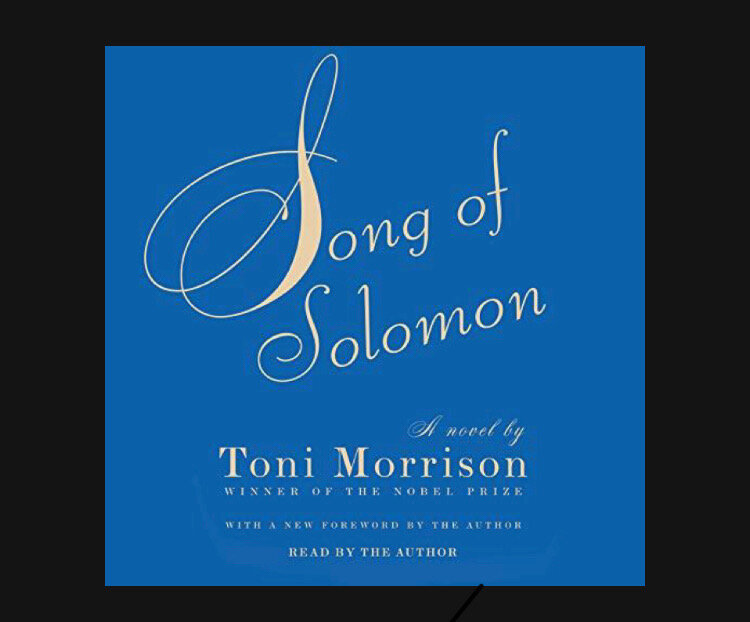
Listening to Toni Morrison’s Song of Solomon While Taking My Braids Aloose
There was something very honest about listening to a Black woman tell a story about Black people while I was doing a very Black thing. It felt very central, ancestral. Toni Morrison’s voice was softer, more delicate than I expected it to be. But there was also something raw and coarse about it, in a very familiar way. If you listen closely, you discover that there’s something buried in her voice, like there’s a thick lump of molasses caught in her throat, like she’s swallowing back what’s not quite sadness, not quite rage, but more like the awe of both of them. Listening to her felt natural and intimate, like my kinky hair roots, the story unraveling like my braids.

Black Rose
What could have caused such a grotesque deformity?
I always answer you
in a language you refuse to hear,
from roots you try to curse,
with beauty you fail to acknowledge.

Language 4R and Mix-Placed Roots of Selfhood: Conclusion
Everyone grapples with questions of belonging at some point in life. But for me and perhaps other African Americans, these questions are like concrete. They pave manicured and gentrified roads. They make up the walls of overcrowded prisons. They symbolize progress while simultaneously shrouding it with doubt. And to make matters worse, or at least more complex, I struggle to call the very language I use to answer these questions my own, adding yet another layer of uncertainty. I still do not know if African Americans have a true mother tongue. The issue remains unresolved. But I do know that African Americans have roots in both African and American soils and that there is a remnant estrangement from both by distance and pain respectively.
